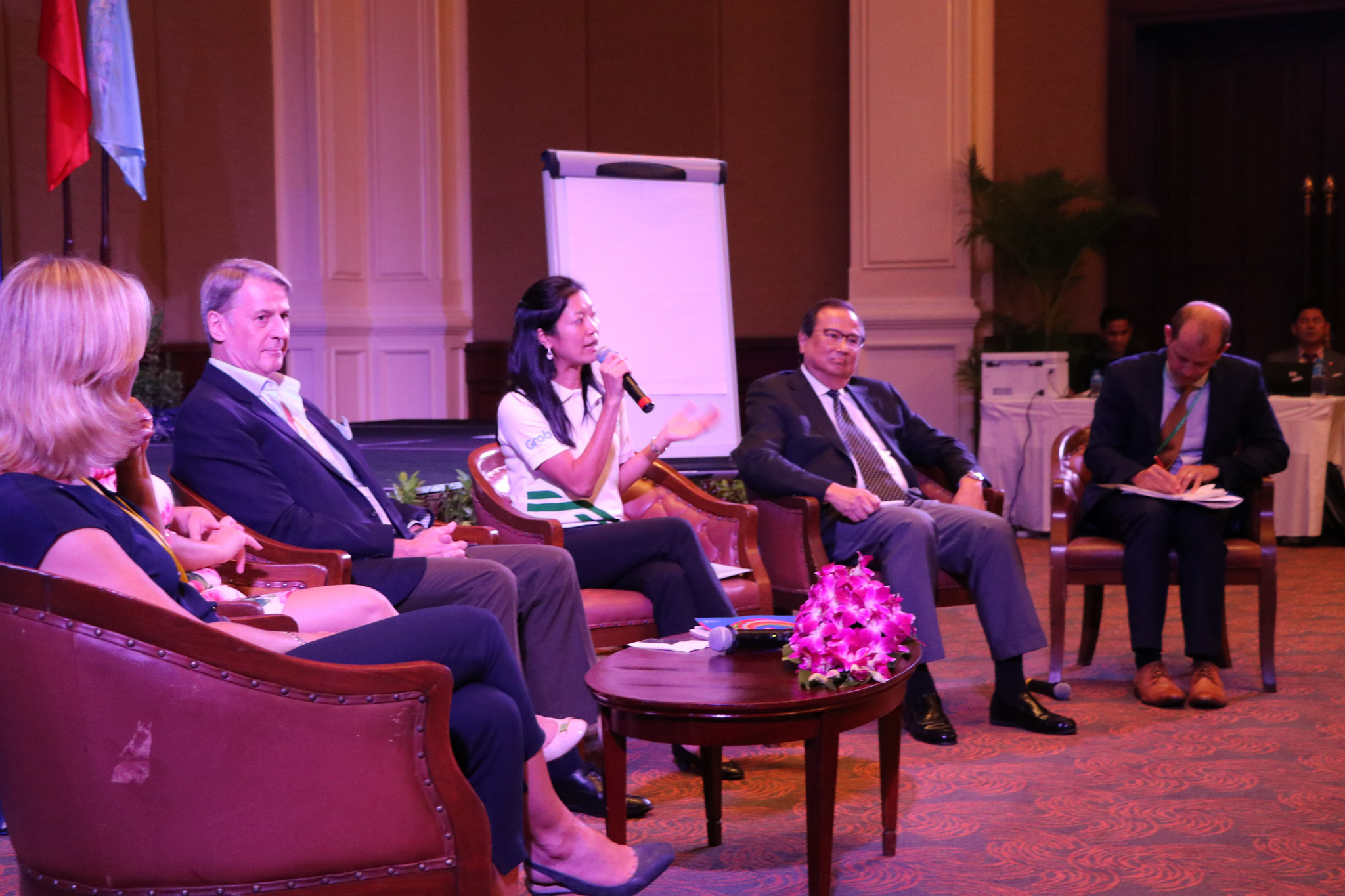
Siem Reap – While there has been extraordinary economic progress in the ASEAN region, pockets of multi-dimensional poverty remain. If those who have been left behind – the poorest of the poor – are to be reached, governments need to adopt new approaches that are people-centred and empower and equip local governments to take innovative action.
These were among the key takeaways from ASEAN-China-UNDP Symposium on Localising the Sustainable Development Goals (SDGs) and Realizing Poverty Eradication, held this week in Siem Reap, Cambodia.
The Symposium gathered together a dynamic mix of senior representatives from governmental agencies of ASEAN Member States and China, local governments, international organizations, development partners, non-governmental organizations, civil society, the private sector and the media.
“The ASEAN region has seen remarkable economic gains, yet persistent development challenges remain. Growing inequality, increasing employment insecurity, environmental degradation and increasing disaster risks could undermine the gains that have been made and push more people into poverty,” said Mr. Haoliang Xu, UN Assistant Secretary-General and UNDP Regional Director for Asia and the Pacific, in his keynote address.
He added, “The Agenda 2030 is clear that tackling complex development challenges requires collaboration and sustained efforts from all stakeholders. We must join forces to ensure that we consolidate our efforts in innovative and transformative ways, take solutions to scale, and equip especially local governments and community actors to become agents of change.”
The Symposium, the third in the “Leave No One Behind” series, sought to promote the implementation of the SDGs in ASEAN in a way that complements ASEAN’s Vision 2025, and elaborates on ways forward to integrate the SDGs at regional and sub-national levels.
At the opening of the Symposium, ASEAN’s Deputy Secretary-General for Socio-cultural Community Vongthep Arthakaivalvatee highlighted ASEAN’s efforts in building an ASEAN community that is rules-based, people-oriented and people-centred.
“The ASEAN Vision and SDGs converge,” said Vongthep. “The desire of the peoples of ASEAN to live in a peaceful, harmonious, inclusive, resilient, and healthy community meets the strong leadership and commitment of the ASEAN leaders. Let us all leverage on the complementarities between these two important agendas for the betterment of the peoples of ASEAN.”
“ASEAN has set sustainable development as an important goal of ASEAN Community Vision 2025,” said Huang Xilian, Chinese Ambassador to ASEAN, in his opening remarks. “China is ready to strengthen cooperation with the UN and ASEAN to foster sustainable development as a new growth point of China-ASEAN cooperation, and enhance intensive cooperation in clean energy, poverty eradication, environmental protection and climate change.”
One of the highlights of the event were discussions with local communities. Prior to the Symposium, participants sat down with representatives from local communities at the Chong Khneas Natural Tourism Community to hear their challenges and insights on a range of issues, including gender equality, reducing risks from disasters, sustainable livelihoods for farmers and entrepreneurs, and building capacity of the local work force. The discussions provided a rare opportunity for policymakers to engage directly with the local community to gain a better understanding of realities they are facing, and what that means for localizing and achieving the SDGs.
The Symposium also featured the release of preliminary findings of a landmark new report by UNDP and the Economist Intelligence Unit. The report examines how automation, artificial intelligence and other innovations of the Fourth Industrial Revolution are having an impact on multiple sectors such as the, car industry, garment and electronics manufacturing, business processes, logistics and health care, and how these changes are expected to impact sustainable development. How countries in Asia and the Pacific embrace and adapt to these changes will determine whether the region can sustain its rapid economic and social development of the past half-century.
Moving forward, UNDP is working with ASEAN and China to develop a regional initiative to localize the SDGs in the ASEAN region and turn Member State commitments into concrete activities and projects at the local level to improve the lives of the most vulnerable populations.
The article was originally published on UNDP website at the following page.
For more information, contact:
Cedric Monteiro, Communications Specialist, UNDP
Email: cedric.monteiro(@)undp.org

Comments